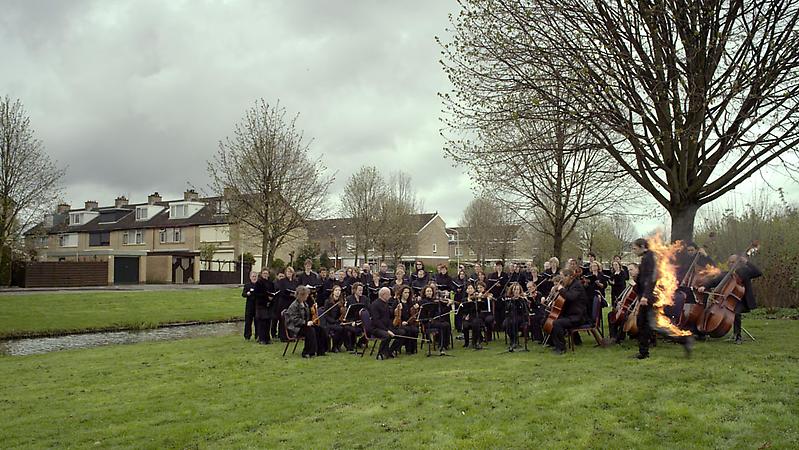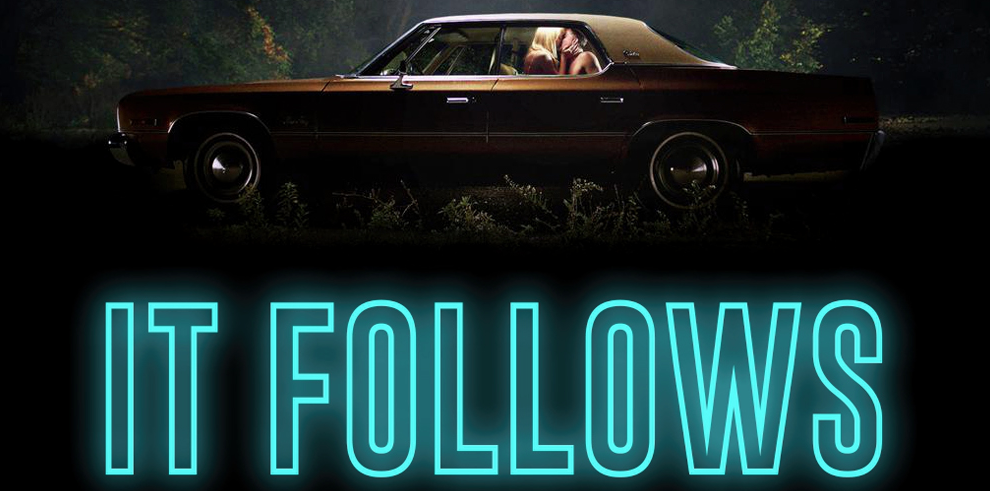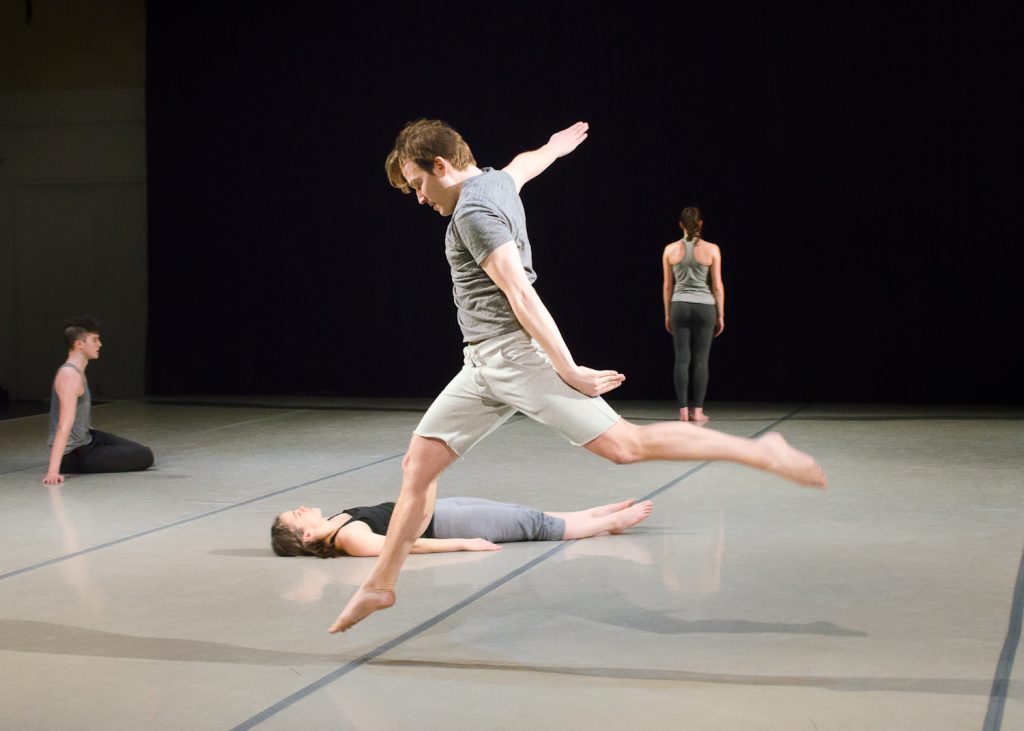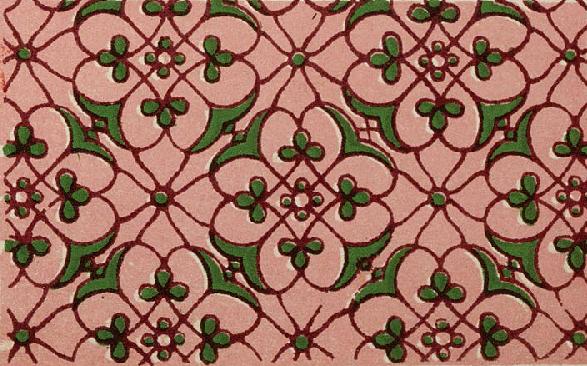Endurance and the Art of Guido van der Werve: Nummer veertien, home
Adequately capacious, clear and brilliant, the landscape broods with sublimity. Spring is sweeping in, emitting an even light that stirs up the deepest colors, the richest shadows. It’s a different kind of saturation, a light that is water-soaked. It’s a landscape that is heavy laden with weather. This sensitivity is expressively captured in cinematography, offering paths through the landscape where the journey becomes implicitly mythic, steeped in van der Werve’s haunt of heroes. Landscape is not just a backdrop, it’s a living character.
Endurance and the Art of Guido van der Werve: Nummer veertien, home Read More »










